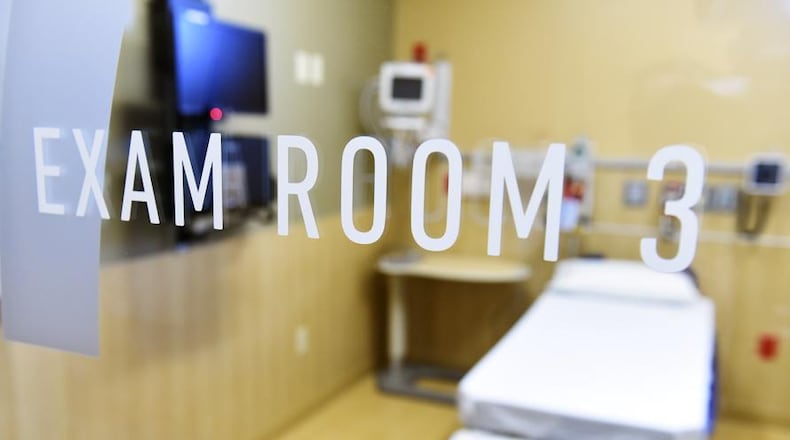“Neisseria meningitidis can be treated with a number of effective antibiotics. It is important that treatment be started as soon as possible,” said Allison Combs, public information officer with the Warren County Health District. “Direct, prolonged contact with an infected individual is required for infection to be spread to others.”
All individuals who are high risk of catching this illness from the person have been notified, Combs said.
Examples of direct, prolonged contact are: roommates, household contacts, kissing and sharing objects contaminated with saliva such as drinks, water bottles, lipstick/lip balm, cigarette/vaping products, shared foods or eating utensils. A short course of antibiotics is recommended for high-risk contacts within 24 hours of diagnosis of the case (chemo-prophylaxis).
People only having casual contact such as school or work mates are low-risk contacts. No further action for low-risk contacts is required except to watch for symptoms.
The last case of meningococcal disease in Warren County was in 2012.
Symptoms of meningococcal disease are non-specific but may include sudden onset of fever, severe headache, neck stiffness, joint pain, a rash of red-purple spots or bruises, dislike of bright lights, nausea, and/or vomiting.
Routine vaccination for meningococcal disease typically happens for adolescents aged 11-12 and a booster at ages 16-18 years. If you are unsure whether you have been vaccinated for meningococcal disease, check with your physician. The Warren County Health District has vaccines for meningococcal disease available.
For further information on meningococcal disease, visit www.cdc.gov/meningococcal or call the Warren County Health District at 513-695-2097.
About the Author

